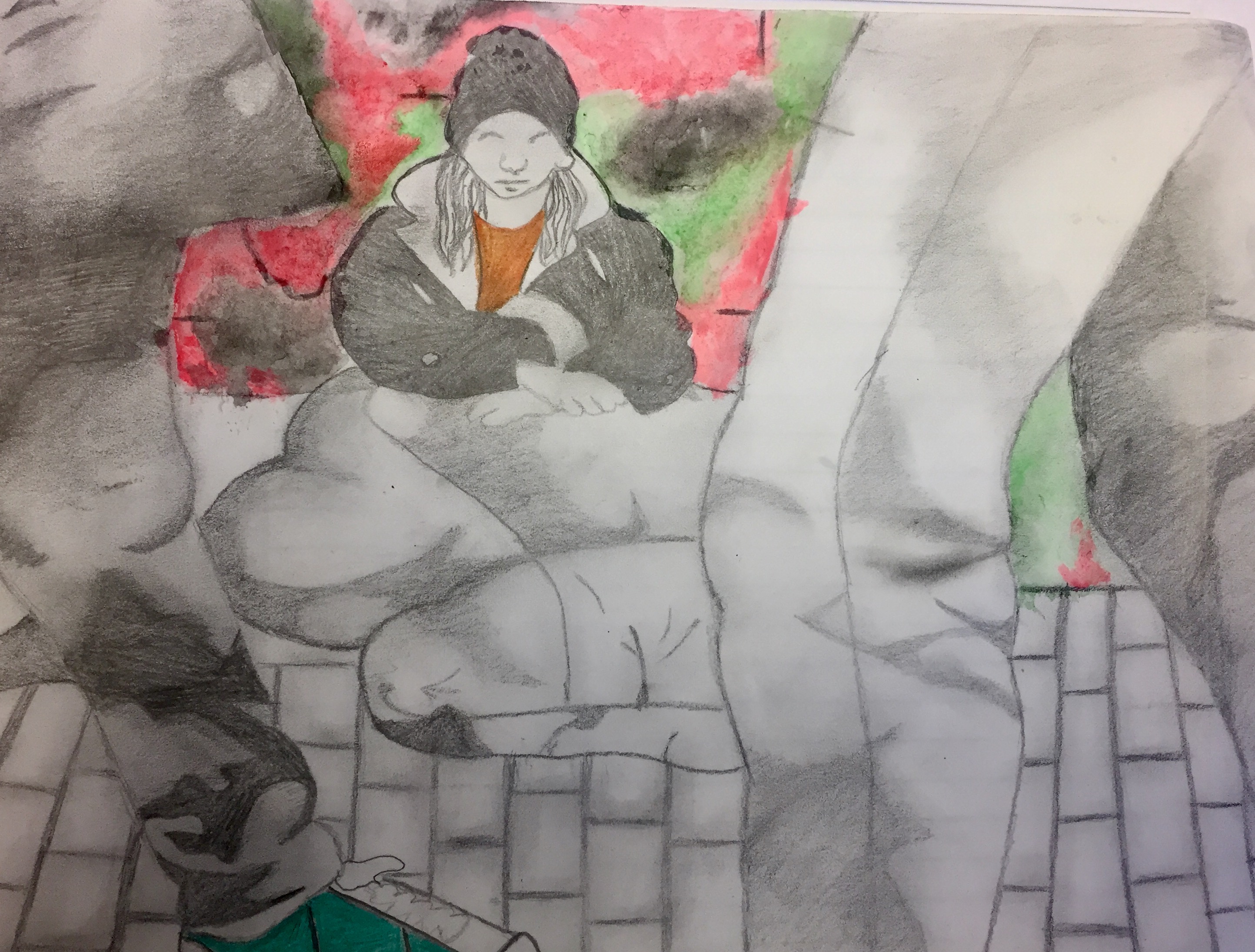Here in Atlanta, we have made it a priority to combat human trafficking. The latest initiative? The opportunity to vote for Amendment 2 on Georgia’s 2016 statewide ballot on Nov. 8.
Senate Resolution 7 will be featured on the ballot as Amendment 2, calling for a “safe harbor” for sexually exploited children. It calls for increased penalty for crimes associated with sex trafficking and allows for funds to be allocated for rehabilitation and services for sexually exploited youth. Amendment 2 asks for these funds to be generated from fines given to those in the state convicted of crimes associated with sex trafficking.
Earlier this year, I was inspired by a community discussion about this ballot item at the Center for Civil and Human Rights in downtown Atlanta. They talked about victims of human trafficking and brought up this legislative piece that may actually help. International Human Trafficking Institute (IHTI) Program Director Stephanie Sorquira and LGBT Institute (LGBTI) interim executive director Ryan Roemerman facilitated the community discussion.
Top youth administrators and professionals gathered to discuss the realities of interplay between teen homelessness, LGBT youth and human trafficking. Georgia State University was represented by George Greenidge, sociology department Ph.D. student. Two other contributing panelists included Robert D. James, DeKalb County district attorney, and Richard S. Moultrie Jr., who serves as an assistant U.S. attorney for the Northern District of Georgia and a deputy chief in the Major Crimes Section.
A recurring theme presented itself during the conversation — corporate compliance. As more people come to learn about what’s going on in the world of human trafficking, less are prone to turning a blind eye.
There was a panelist group that included Lost-n-Found Youth founder and executive director Rick Westbrook. He gave a shout-out to a similar youth program called Covenant House as he discussed the development of *trans accommodations in housing and emergency/crisis care. “Originally, we got calls of panic; no one knew what to do. We’ve come a long way since then.”
Covenant House, like Lost-n-Found, offers housing and other opportunities for youth who face homelessness and human trafficking. With 40 percent of homeless youth identifying as LGBT, a huge stressor is placed upon the culture of youth abandonment. These organizations target young adults and children who are especially vulnerable to sex work in order to survive on the street. But victims can be trafficked and exploited for different reasons, including sex work and cheap labor.
Many business owners are not even aware of the power they have to stifle checkpoints for trafficking. According to IHTI, people can discreetly report local businesses suspected of trafficking.
Via Amendment 2, this fall Georgia voters have the chance to ensure funding for institutions like Lost-n-Found and Covenant House. Safe Harbor for Sexually Exploited Children has already provided a haven for minors caught in the crossfire of prosecution. Child victims are no longer subject to criminalization in court. Securing this law into Georgia’s constitution is right around the corner with the help of your vote (or the vote of people you know).
*Trans may refer to transgender: a title given to individuals who transition from one gender to another.
Karestiah, 20, is a VOX alumna and graduate from Chattahoochee High School.




